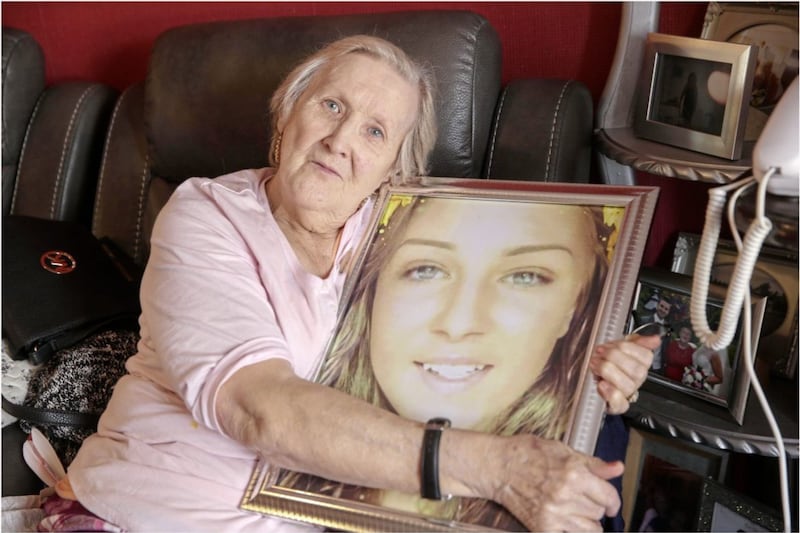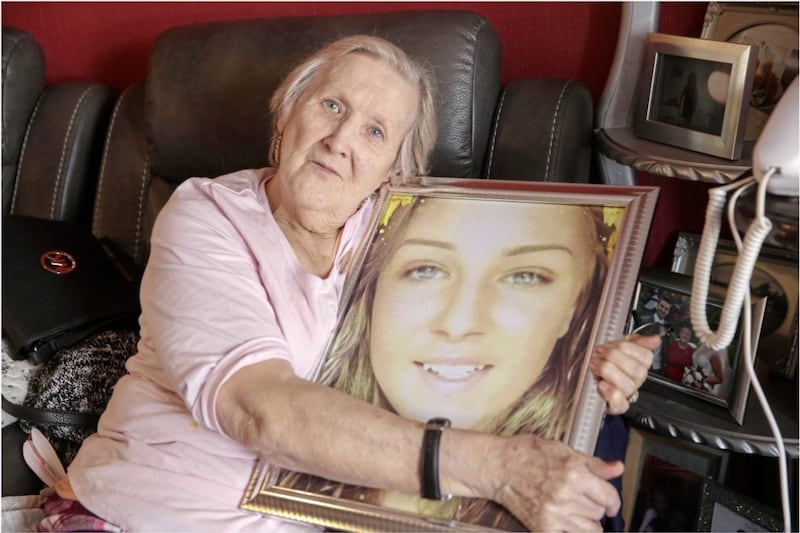While the grave issues associated with drug use have been well documented, there has also been a perception that it is individuals with a lengthy background of addiction who are most at risk.
However, as our coverage yesterday and over recent days has graphically illustrated, limited forms of experimentation by young people even on a one-off basis can also have fatal consequences.
Our interview with Helena Valliday (85), who suffered the loss of her 16-year-old great-grandchild, Chloe Hutchings, through a suspected overdose last week was particularly poignant.
Mrs Valliday was convinced that Chloe, who lived with her in west Belfast, did not have an existing drug problem and said she was found dead a matter of hours after leaving her house while still wearing pyjamas.
The case of Jamie Burns (23), who died after a night out at the Queen's University students' union last year, was also highlighted at the launch of a campaign entitled `1 Pill Will Kill' earlier this week.
His heart-broken father William, who believes that his son died through a single error of judgment, dramatically made his point at the event by holding up a plastic bag containing Jamie's ashes.
We are dealing with a complex picture, involving the growing availability of heroin in a range of areas and increasing evidence of the threats linked to prescription drugs.
What is essential is that, regardless of the substances involved, there is full public awareness of the dangers which exist for people of all ages from every section of society.
The courageous testimony from figures like Helena Valliday and William Burns has a key role to play in this process.




